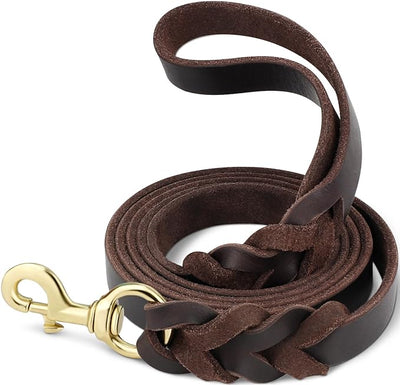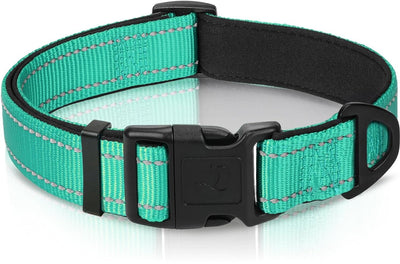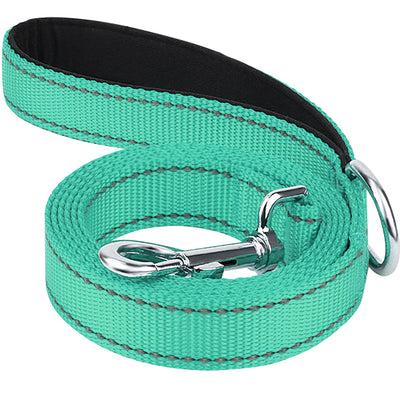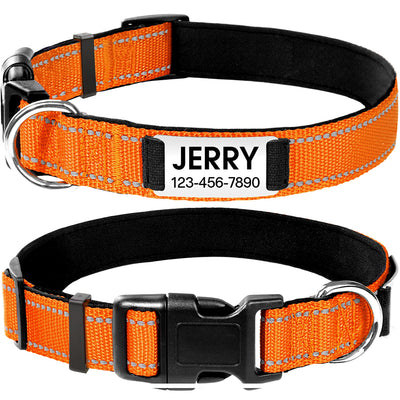As dogs age, their nutritional needs change, and it's important to adjust their diet accordingly. Senior dogs require a different balance of nutrients than younger dogs, and they may also have specific health concerns that need to be addressed through their diet. In this blog post, we'll explore the nutritional needs of senior dogs, the challenges of feeding them, and some solutions to ensure they receive the best possible nutrition.
Nutritional Needs of Senior Dogs
Senior dogs generally require fewer calories than younger dogs, as they tend to be less active and have a slower metabolism. However, they still need a balanced diet that provides all the necessary nutrients. Protein is particularly important for senior dogs, as it helps maintain muscle mass and supports the immune system. Fat is also essential, but it should be limited to prevent obesity. Fiber can help regulate digestion and prevent constipation, which can be a common issue in older dogs. Finally, vitamins and minerals are important for overall health and vitality.
Challenges of Feeding Senior Dogs
Feeding senior dogs can present some challenges, particularly if they have health issues. For example, dental problems can make it difficult for them to chew, which can affect their ability to eat certain types of food. Arthritis and other mobility issues can make it difficult for them to reach their food or stand for long periods of time. Finally, some senior dogs may have a decreased appetite, which can make it challenging to ensure they are getting enough nutrients.
Solutions for Feeding Senior Dogs
Fortunately, there are solutions to help ensure senior dogs get the nutrition they need. Here are a few tips:
-
Choose a high-quality senior dog food that is designed specifically for their nutritional needs. Look for a food that is rich in protein, low in fat, and contains added vitamins and minerals.
-
Consider adding wet food or adding water to dry food to make it easier for senior dogs to eat. This can also help prevent dehydration.
-
If your senior dog has dental problems, consider feeding them soft or moist food that is easier for them to chew. You can also try brushing their teeth or providing dental chews to help maintain their oral health.
-
If your senior dog has mobility issues, consider elevating their food and water bowls to make it easier for them to reach. You can also try feeding them smaller, more frequent meals throughout the day.
-
Finally, if your senior dog has a decreased appetite, try offering them smaller, more frequent meals throughout the day. You can also try adding a small amount of high-value treats or canned food to their meal to entice them to eat.
Feeding senior dogs requires a bit of extra attention and care, but it's well worth the effort to ensure they stay healthy and happy in their golden years. By understanding their nutritional needs, addressing any challenges they may have, and providing them with high-quality food, you can help your senior dog live their best life.





